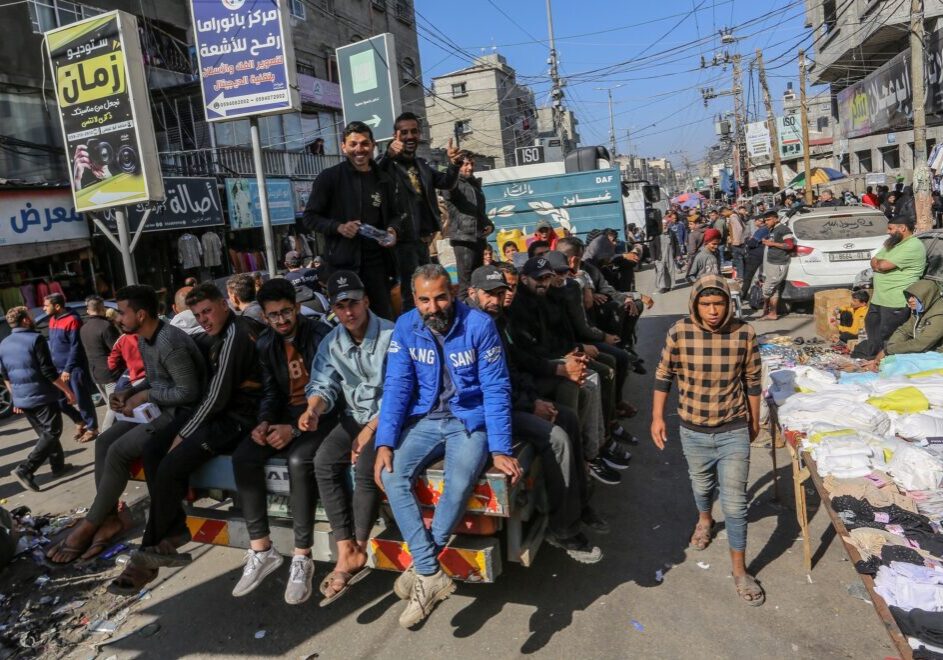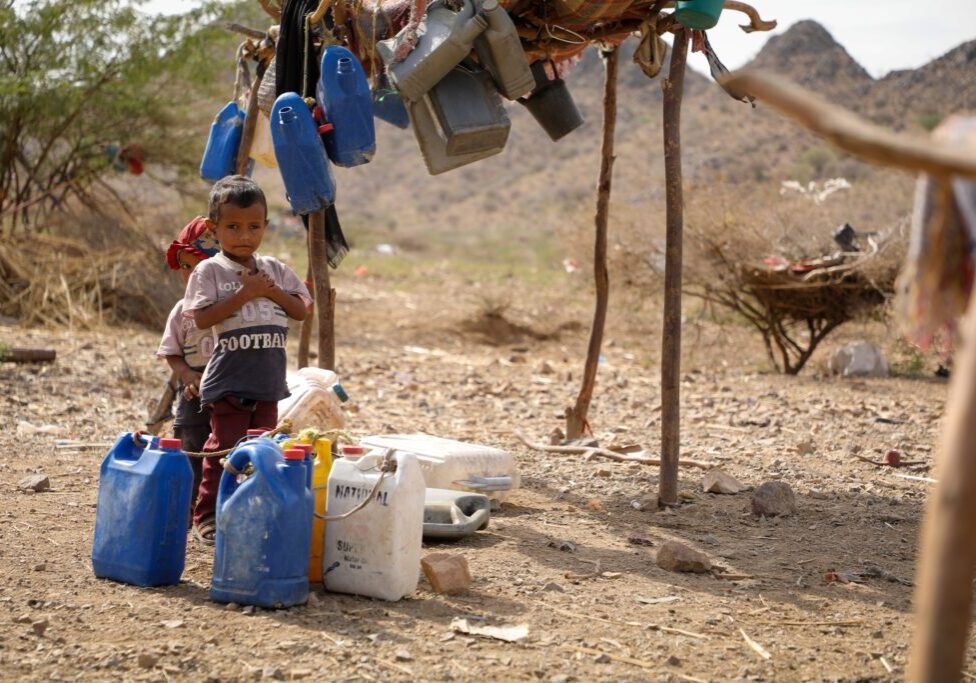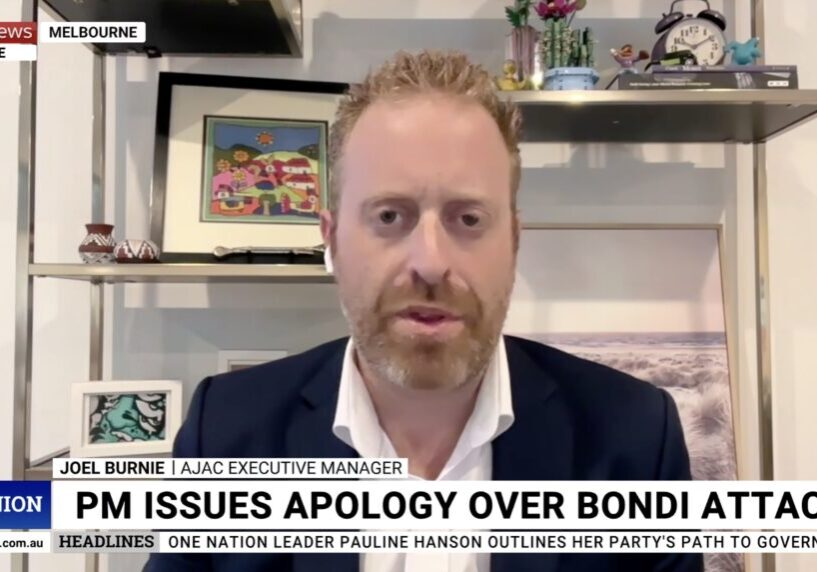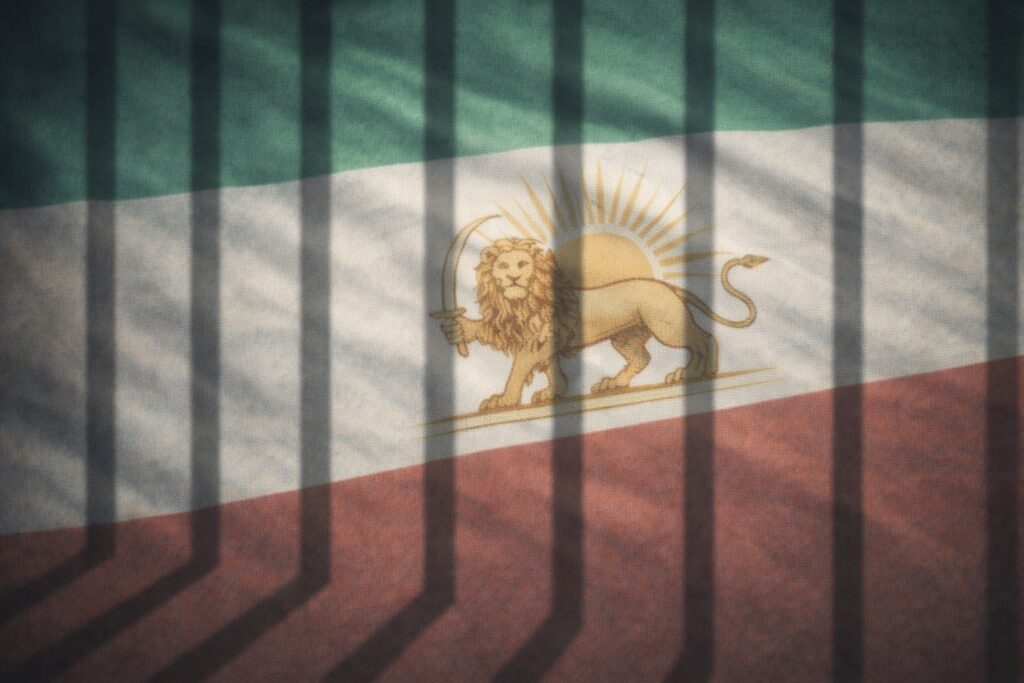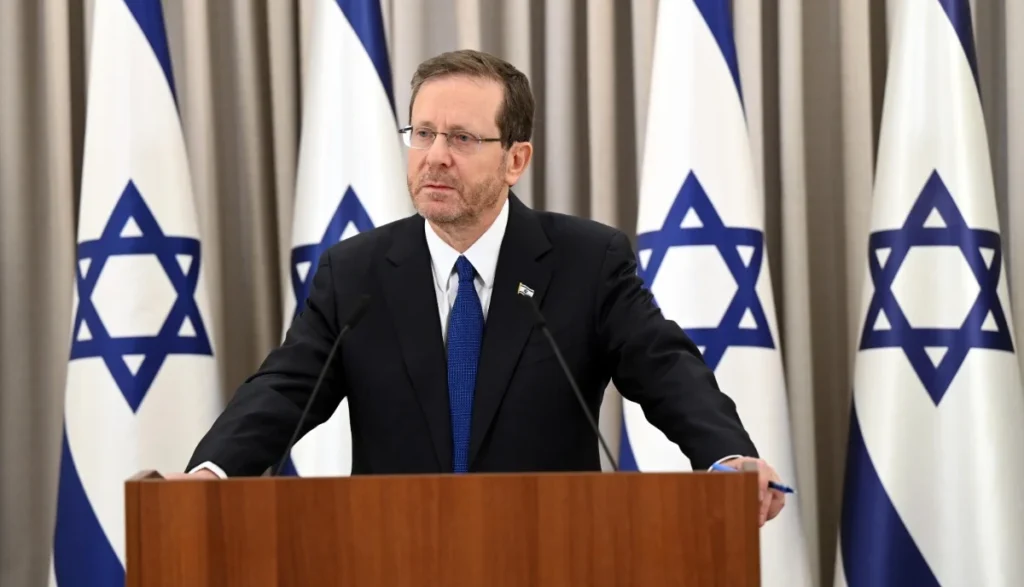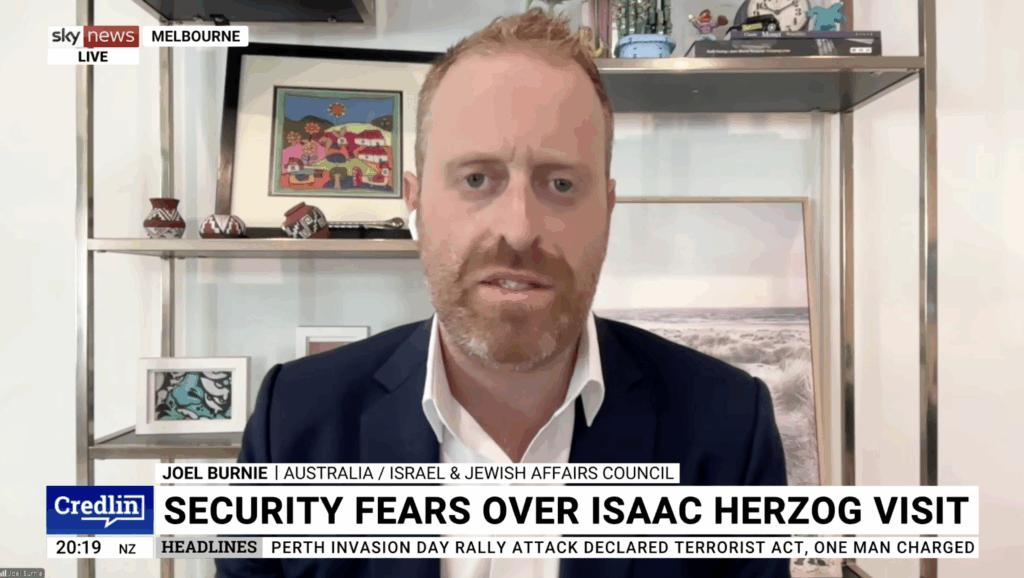FRESH AIR
West failing Arab liberals as Islamists rise
September 1, 2011 | Daniel Meyerowitz-Katz
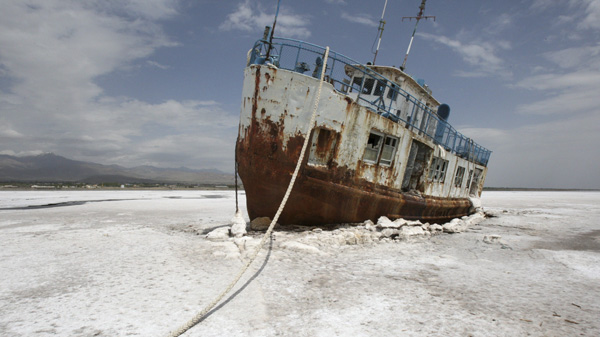
Protests are raging again in Iran, this time ostensibly over the drying up of a salt lake in Iran’s East Azerbaijan Province. It is true that the local people are suffering from the damage that the lake’s gradual erosion has done to their economy, however the familiarity of videos such as the one below, showing grainy images of Iranian police shooting at protesters, who throw rocks in return, point to a general discontent with the ruling Ayatollah regime that boils just below the surface of the Islamic Republic.
The 1979 “Islamic Revolution” was the first case of a relatively young Islamist movement actually gaining dominion over an entire state. The subsequent deterioration of Iran was mirrored in the other Islamist “successes” in Afghanistan, Sudan, Gaza and large portions of Algeria, Yemen and Somalia. The totalitarian ideology that promises a return to the “glory days” of Islam through forced regression to a 7th-century civil society has to date yielded nothing but misery to those living under it. Yet, as this blog has been reporting, the ideology remains perhaps the most influential force in the Arab world, with its adherents looking increasingly likely to hijack the “Arab Spring” revolutions.
Paul Berman of New York University, perhaps the most penetrating and consistent scholar in the world focussing on Islamism as an ideology, has written an article in The New Republic reflecting on 9/11 ten years ago and how the world has developed since that tragic day when the West’s eyes were opened to the threat posed by Islamist terrorism. In his insightful analysis, he draws many parallels between the Middle East’s experience of Islamism and Eastern Europe’s experience of Communism. As he points out, both Islamism and Communism were products of the early 20th Century colonial collapse.
Al Qaeda itself seemed to me entirely recognizable. It was one of several splintery offshoots from the main trunk of the Islamist movement, which was the Muslim Brotherhood, and the kinship of offshoot and trunk reminded me of the worldwide communist movement of forty years ago. Communism’s grand trunk was always the Soviet Union and the Moscow-line communist parties around the world, who tended to profess a conservative and cautious instinct and who sometimes denounced and disdained their own splintery offshoots, the violent Marxist guerrilla sects.
Berman goes on to explain the power of the idea of Islamism, again drawing parallels to the incredible rise of Communism from a fringe ideology to one that governed half the world. He goes on to argue that only other ideas can defeat an idea, only liberal Islam can defeat ultra-conservative Islamism. As he notes, the Arab Spring above all else signified the emergence of liberalism in the Arab world. However, Berman does observe that some in the West dismiss this position, arguing that:
… authoritative and persuasive liberals from Muslim backgrounds do not exist, and anyone who does appear to exist is either inconsequential or a fake and may well be a bad person, and Muslim liberalism will never be a force…
However, Berman maintains that events have superceded this argument.
But see what has happened. The crowds started to gather in town squares in North Africa and other places in the Arab world nine or ten months ago. The crowds articulated three grand principles, which everyone understood all over the world. The crowds stood in favor of democratic rule of law. The crowds stood in opposition to corruption. And the crowds proclaimed themselves to be citizens of states. Their symbol was the flag of Tunisia, or the flag of Egypt, and so forth. This was not like designating themselves as members of the Muslim ummah, or as representatives of the larger Arab nation. These people were not, in short, Islamists. They were not pan-Arabists. They were liberals. They were also, at least for the moment, popular.
According to Berman, these revolutionaries have brought a ray of hope to the oppressed Arab peoples. However he also provides an ominous warning. Drawing a comparison to the Eastern Bloc dissidents who brought down the Soviet Union, he notes that, unlike their Communist analogues, the Arab liberals are not being given strong support and, rather, are seemingly being left to fend for themselves.
… The Arab Spring has aroused in the Western countries almost none of the enthusiasm that greeted its Eastern Bloc antecedent. We will lift a pinky. In Syria, perhaps not even that much. Is it true that, militarily, we and our allies are stretched to the limit, or beyond, or worse? It must be true. The news from different fronts aches the heart. Still, the longer the tyrants of Libya and Syria go on murdering their own people, the more disastrous for everyone, and not just their own people. I know that President Obama has other problems. But why he is so reluctant to try to influence the international mood? Once upon a time, huge crowds of Germans assembled to hear him speak. Today even his oratory leads from behind. Perhaps the Obama administration’s hard-nosed experts on the Middle East are instructing the president that liberalism is a doomed cause – though hard-nose-ism, which is the main tradition in America’s Middle East diplomacy, does not have a long record of success.
He goes on to argue that this Western passivity can be partly explained by the fact that, unlike the situation in the Cold War, Islamist sympathisers are successfully disguising the totalitarian nature of their ideology and winning many of the intellectual debates in the West:
…Maybe another factor has come into play, which has to do with the larger intellectual environment in the United States and the other Western countries. In the intellectual world, the Islamists, like the pan-Arabists before them, have won an amazing number of debates. The universities and some of the magazines are, even now, filled with people who think that, if Arabs are oppressed, Zionism must be the principal culprit within the region, and Western Islamophobia must be the principal culprit abroad. The crowds chanting “The people want to topple the regime” in one country after another have altered these stubborn highbrow Western assumptions not at all. In a school where I teach a course, I discover in my mail slot a petition signed by university luminaries demanding action against Israel, but not a single manifesto or call for solidarity with the people of Libya, Syria, Bahrain, and other places.
The Middle East studies departments remind me of Latin American studies departments that I used to know in the 1980s, which radiated an influence from the reigning Fidelista Marxism of the Latin American universities of the time – except that in the Middle East studies departments of our day, the tendency leans toward Islamist apologetics.
Berman raises some very serious issues and his piece is well worth reading in full. His warning should resonate throughout Western policy circles and it is important that our leaders pay attention. The Arab liberals are not strong enough to effect change on their own, they will need Western support to truly transform and liberalise their societies.
Tags: Iran
RELATED ARTICLES
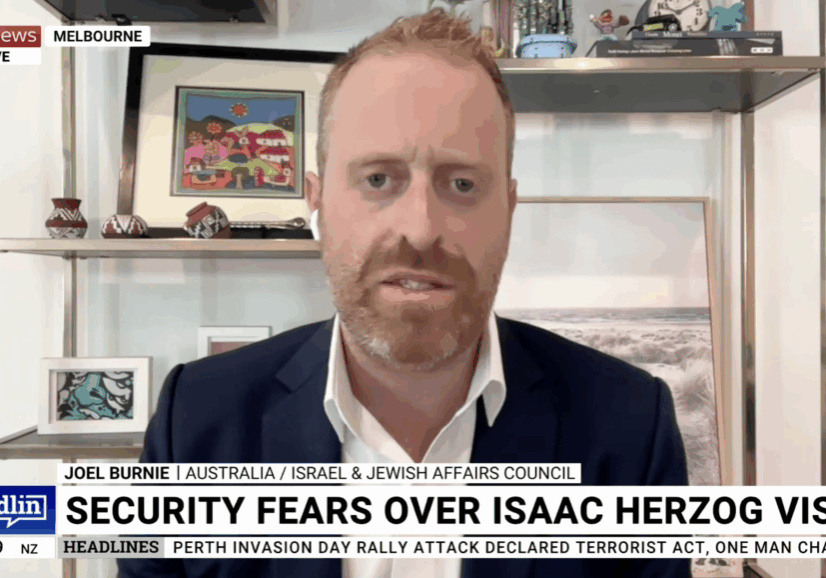
Security concerns over Herzog visit a terrible indictment: Joel Burnie on Sky News
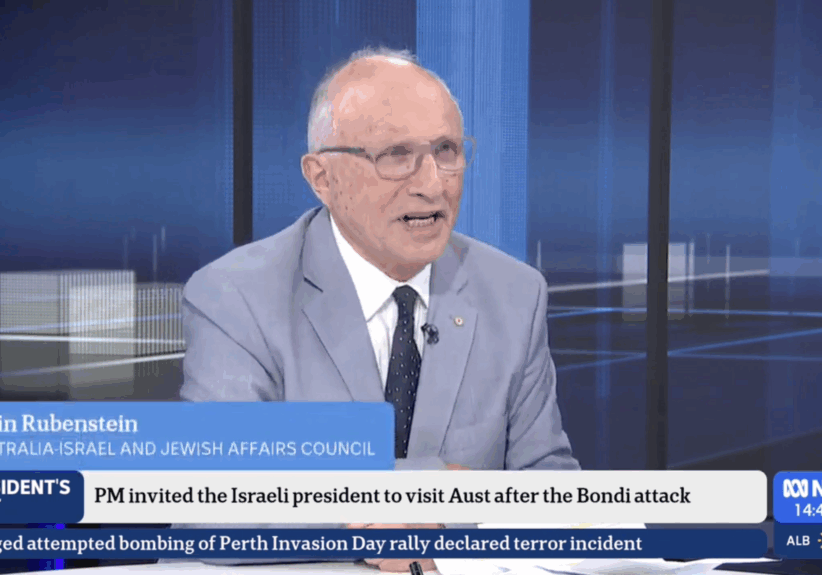
Allegations against Israeli President Herzog are absurd: Colin Rubenstein on ABC News






